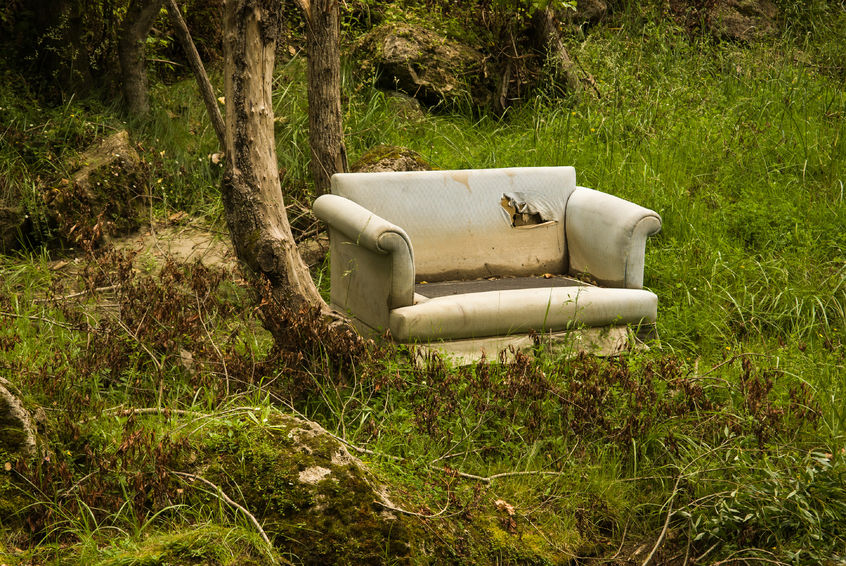
New rules ringfencing the money raised from fixed penalty notices for fly-tipping to be spent on local clean-up and enforcement have come into force.
Defra said the money 'paid by criminals' will go directly back into repairing the damage from their waste crimes, or into enforcement efforts to prevent similar incidents from happening again.
The department's recycling minister Robbie Moore said: “Litter louts and career waste criminals need to know we are cracking down hard.
“Their inexcusable crimes spoil communities, create dangers for children and threaten wildlife.
“We’ve already increased the maximum fines for these damaging crimes and now money raised from bringing them to justice will ensure more enforcement and help to clear up their sickening mess.”
In March of last year, DLUHC and the Home Office published the Anti-Social Behaviour Action Plan, setting out the government’s approach to tackling antisocial behaviour.
The new changes, along with other measures, will encourage councils to take a more robust approach to litter and fly-tipping enforcement and deliver further action to tackle antisocial behaviour, Defra said.
In 2022/23, councils dealt with 1.08 million fly-tipping incidents and issued 69,000 fixed penalty notices, along with other enforcement actions.
However, the figures do not cover incidents on private land, with the CLA saying these were 'blighting' rural areas.
CLA president, Victoria Vyvyan said the rural body welcomed the new regulations: “Fly-tipping blights communities and the landscape, damaging the environment, risking public health and costing taxpayers thousands to clear up.
“As well as incidents on public land, farmers are also victims of fly-tipping and have to pay to have dumped waste removed from their land, only adding to the injustice.
“Therefore fixed penalty notice receipts must be used to help clear up incidents on both public and private land.”
The new changes build on wider actions to give local authorities a range of powers to tackle fly-tipping.
Councils can issue on-the-spot fines to fly-tippers and can stop, search, and seize vehicles suspected of being used for fly-tipping.
The upper limit of these on-the-spot fines was increased to £1,000 in July 2023.
